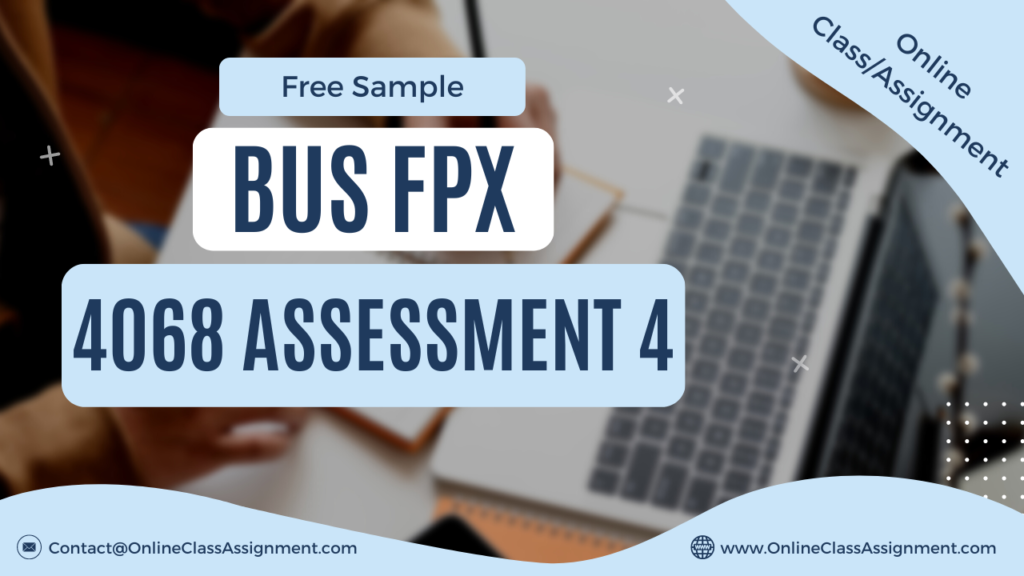BUS FPX 4068 Assessment 4 Specialized Fraud Areas

BUS FPX 4068 Assessment 4 Specialized Fraud Areas
Student Name
Capella University
BUS-FPX4068 Contemporary Auditing Using Investigative Accounting Practices
Prof. Name
Date
Case 1: Ralph’s Strategy for Handling the Situation
Ralph should engage in a discussion with Lisa regarding the potential consequences of tax evasion or fraud, emphasizing the importance of compliance with IRS regulations. Advising Lisa to disclose her foreign trust and associated income to the IRS is crucial. If Lisa agrees to comply after their discussion, Ralph need not terminate their engagement. However, if she persists in refusal, Ralph should consider discontinuing his consulting services for her and the company. In the event that Lisa fails to report her trust or income to the IRS, Ralph may consult with legal counsel to determine the ethical implications of reporting the attempted tax evasion (Hopwood, Leiner, & Young, 2012).
Case 2: Forensic Accounting Investigation for Christina
To initiate the investigation, Rick, the forensic accountant, should begin by examining Jose’s federal tax returns since Jose is uncooperative in disclosing his assets. Analysis of W-2 forms, various 1040 forms, and deduction forms could reveal hidden assets or income. Subsequently, reviewing bank statements and loan applications becomes imperative. However, accessibility to information regarding foreign trusts or accounts in the US may be limited. If Jose has concealed assets in foreign trusts, conventional investigative methods may prove futile (Hopwood, Leiner, & Young, 2012).
If Jose owns a property in Mexico undisclosed, the likelihood of discovery depends on whether he obtained the property through legitimate means using his social security number or through unofficial channels. If the purchase was made with cash or through unofficial means, detection may prove challenging. Ideally, evidence such as cash flow records, public sale records, or recent tax filings may indicate the existence of the property (Hopwood, Leiner, & Young, 2012).
Case 3: Valuation of the Duplex Apartment Building
Valuing the duplex apartment building requires consideration of fair market value, defined as the amount a property would sell for in an open market with willing buyers and sellers, fully informed and motivated (Hopwood, Leiner, & Young, 2012). Given the neighbor’s offer of $1.3 million, this figure serves as a reasonable valuation reference, despite Mark’s reluctance to sell.
BUS FPX 4068 Assessment 4 Specialized Fraud Areas
Utilizing this offer acknowledges the property’s potential value, compensating for sentimental attachment. Generally accepted accounting principles (GAAP) advocate for prudence to prevent overestimating assets. In real estate valuation, market value often supersedes historical cost, aligning with GAAP principles (Hopwood, Leiner, & Young, 2012; Bertsch, 2013).
Case 4: Litigation vs. Alternative Dispute Resolution (ADR)
From Williams’s perspective, ADR is preferable due to its cost-effectiveness, privacy, and expediency, minimizing financial and reputational harm to her company. ADR also preserves the business relationship, facilitating future collaborations (Hopwood, Leiner, & Young, 2012).
Dunn might favor litigation to establish a precedent, holding Williams accountable for the quality issue. While ADR offers cost and time savings, litigation ensures a clear verdict, potentially favoring Dunn and compelling Williams to cover damages (Hopwood, Leiner, & Young, 2012).
Preferred ADR Method
Med-arb emerges as the preferred ADR method for both companies, combining mediation and arbitration. This non-traditional approach allows for attempted resolution through mediation, with arbitration as a fallback if necessary, reducing time and redundancy (Hopwood, Leiner, & Young, 2012).
References
Bertsch, L. (July 1, 2013). “GAAP: Generally accepted accounting principles.” Larry L. Bertsch, CPA & Associates. Retrieved on June 18, 2022 from https://llbcpa.com/gaapgenerally-accepted-accounting-principles/
Hopwood, W. S., Leiner, J. J., & Young, G. R. (2012). Forensic accounting and fraud examination (2nd ed.). McGraw-Hill.
BUS FPX 4068 Assessment 4 Specialized Fraud Areas
Get Capella University Free Business Samples
BUS FPX 3007
BUS FPX 3011
BUS FPX 3021
BUS FPX 3022
BUS FPX 3030
BUS FPX 3040
- BUS FPX 3040 Assessment 6 Labor Relations Recommendations
- BUS FPX 3040 Assessment 5 Employment Law
- BUS FPX 3040 Assessment 4 Compensation and Benefits
- BUS FPX 3040 Assessment 3 Retention and Separation
- BUS FPX 3040 Assessment 2 Performance Management and Training
- BUS FPX 3040 Assessment 1 Recruitment and Selection
BUS FPX 3050
BUS FPX 4012
